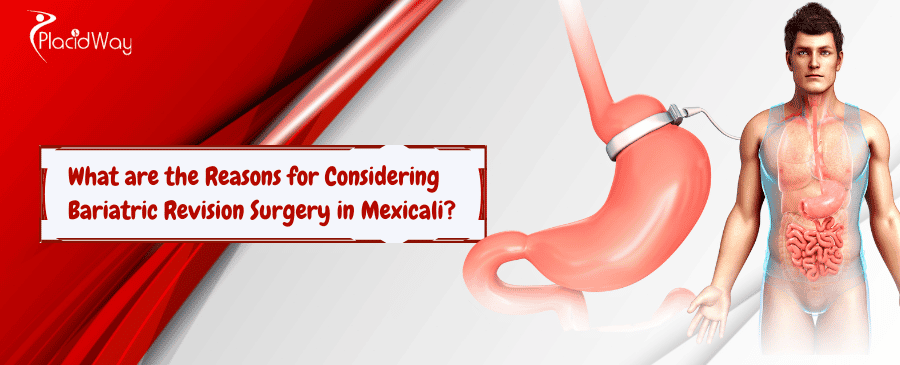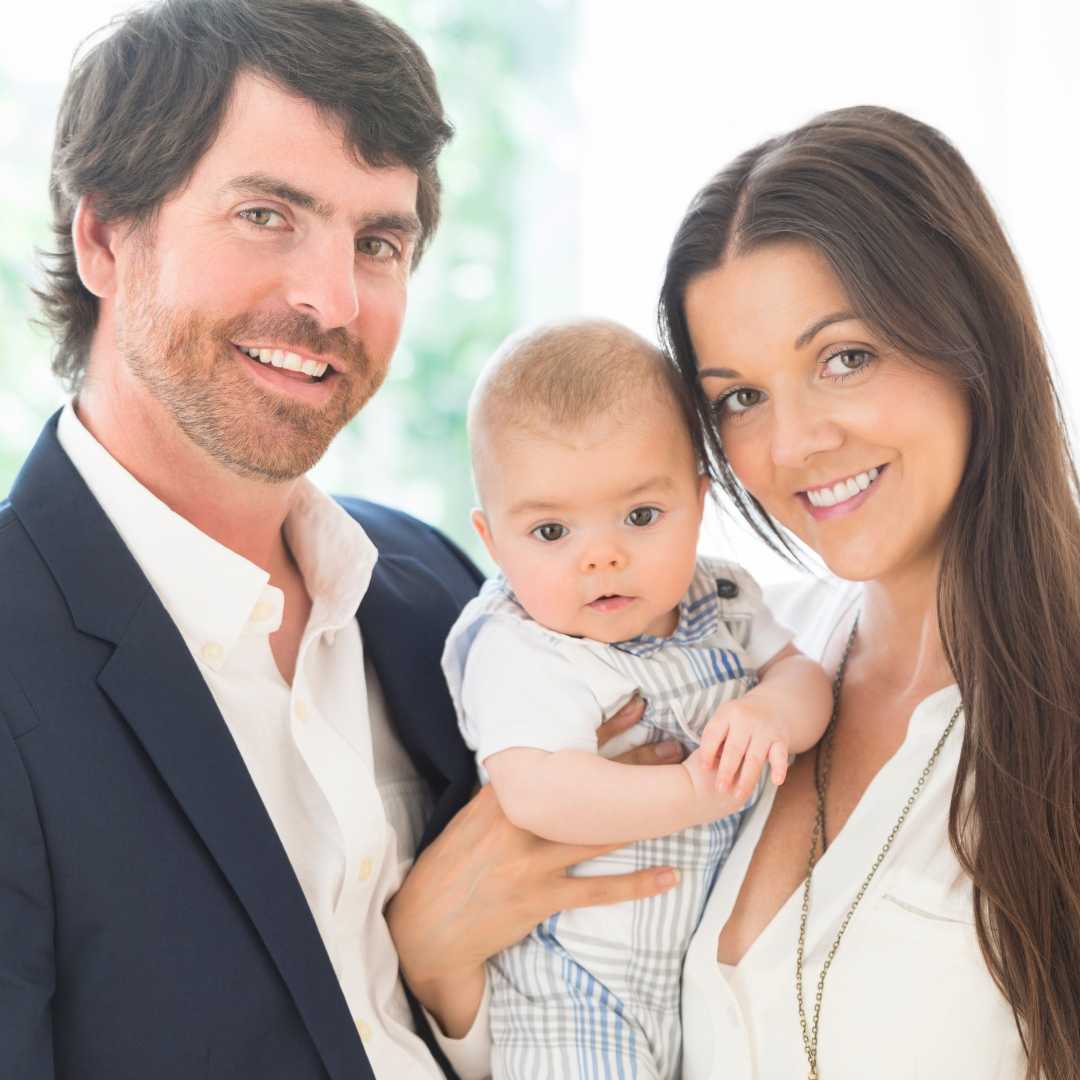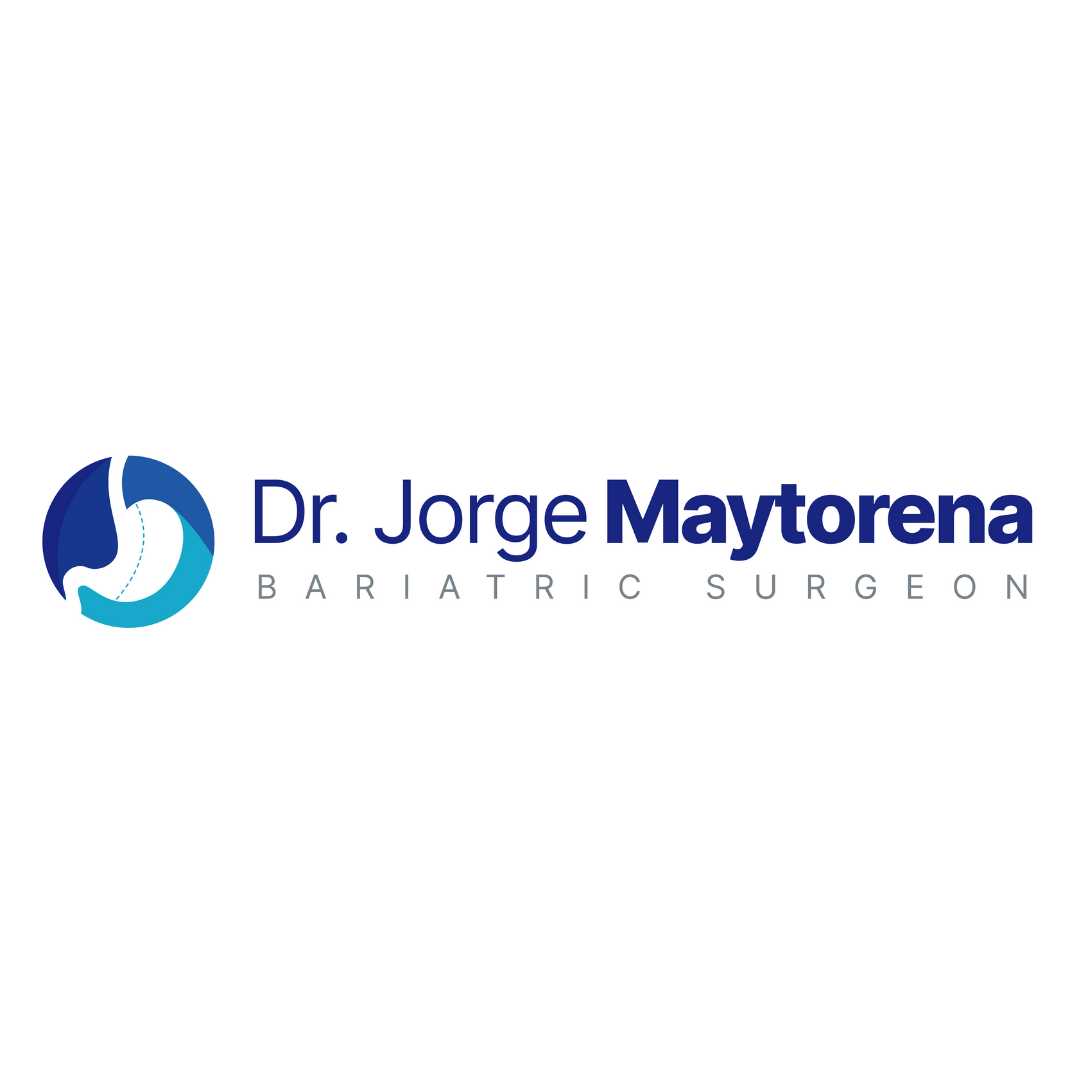Bariatric Revision in Mexicali: Your Guide to a Second Chance

Deciding to undergo weight loss surgery is a monumental step towards a healthier life. It's a journey that requires commitment, courage, and a deep desire for change. However, for some individuals, the path doesn't end with the initial procedure. The need for a second surgery, known as bariatric revision surgery, can feel disheartening. But it's important to view it not as a failure, but as a second chance—a corrective step to get you back on track toward your long-term health and wellness goals. If you're exploring this option, you may have come across Mexicali, Mexico, as a leading destination for this specialized procedure.
For years, Mexicali has solidified its reputation as a center of excellence for medical tourism, particularly in the field of bariatrics. Thousands of patients from the United States, Canada, and beyond travel here for safe, effective, and affordable care. The decision to consider bariatric revision surgery in Mexicali is often driven by a combination of factors. These can range from anatomical complications from the first surgery, such as a slipped gastric band or severe acid reflux after a sleeve gastrectomy, to insufficient weight loss or significant weight regain. The highly experienced surgeons in Mexicali specialize in diagnosing these complex issues and tailoring a revision strategy that addresses the root cause of the problem. They offer hope and a clear path forward when the results of your primary surgery haven't met your expectations or have led to new health challenges.
What exactly is bariatric revision surgery?
A bariatric revision surgery is a highly specialized operation that addresses the shortcomings of a prior weight loss procedure.For instance, if a patient with a gastric sleeve experiences debilitating acid reflux, a revision to a gastric bypass can resolve the issue.
This type of surgery is generally more complex than the primary operation. The surgeon must work with existing scar tissue and altered anatomy, which requires a high level of skill and experience. This is why choosing a specialized revision surgeon is crucial for a successful outcome. The goal of the revision is twofold: to resolve the complication or reason for failure and to reignite the weight loss journey, helping the patient achieve their desired health and quality of life.
Why has Mexicali become a hub for bariatric surgery?
A bariatric revision surgery in Mexicali can cost 50-70% less than the same procedure in the United States, even without including the savings on insurance deductibles and co-pays.
Second, the quality of care is exceptionally high. Many surgeons in Mexicali are board-certified, have received training in the U.S. or Europe, and are members of international surgical associations. The hospitals and surgical centers are often state-of-the-art, featuring the latest technology and adhering to stringent international sanitation and safety protocols. Finally, convenience plays a huge role. Located just across the border from Calexico, California, Mexicali is easily accessible for American patients, who can often be picked up directly from the San Diego or Yuma airport by the clinic's staff.
What are the most common medical reasons for a revision?
Patients seek bariatric revision surgery for several primary reasons, which can be broadly categorized into two groups: inadequate weight loss results and medical complications.
-
Inadequate Weight Loss or Weight Regain: This is the most frequent reason. Sometimes, the initial procedure—often a gastric sleeve or Lap-Band—doesn't lead to the expected amount of weight loss. In other cases, a patient may lose a significant amount of weight initially but experience substantial weight regain years later. This can happen due to stretching of the stomach pouch or a patient's difficulty adhering to the necessary dietary and lifestyle changes. A revision can create a more powerful tool for long-term success.
-
Medical Complications: These are serious health issues that arise directly from the primary surgery.
-
Severe GERD (Gastroesophageal Reflux Disease): While a gastric sleeve can sometimes improve GERD, in some patients, it can cause or worsen it to an unbearable degree. A revision to a gastric bypass is often the definitive solution.
-
Lap-Band Issues: The adjustable gastric band (Lap-Band) is prone to complications like band slippage, erosion into the stomach wall, or port-related problems, all of which necessitate removal and revision to a different procedure.
-
Staple Line Leaks or Fistulas: Though rare, these are serious complications that can occur after a gastric sleeve or bypass and require surgical correction.
-
Dumping Syndrome or Nutritional Deficiencies: While manageable, severe cases may require a procedural revision to improve a patient's quality of life.
-
How much weight regain is considered enough for a revision?
The decision to proceed with a revision due to weight regain is highly individualized and is made in consultation with a bariatric surgeon.
More importantly, the return of obesity-related comorbidities is a major red flag. If a patient's type 2 diabetes, high blood pressure, or sleep apnea, which had resolved after the first surgery, comes back along with the weight, a bariatric revision surgery is strongly indicated. The goal is to protect the patient's long-term health, and a revision is a powerful tool to halt the progression of these returning diseases.
Can a revision fix severe acid reflux after a gastric sleeve?
The gastric sleeve procedure alters the stomach's anatomy in a way that can weaken the natural barrier between the stomach and the esophagus, leading to painful and chronic reflux.
Revising the gastric sleeve to a gastric bypass is an extremely effective solution. The bypass procedure reroutes the digestive system in such a way that it diverts stomach acid away from the esophagus entirely. Patients often report immediate and complete relief from their reflux symptoms following the revision. This not only dramatically improves their quality of life but also prevents the long-term damage that chronic acid exposure can cause to the esophagus.
What are the common types of bariatric revision surgeries performed in Mexicali?
Surgeons in Mexicali are proficient in a wide array of complex revision procedures.
Each of these revisions requires a different surgical approach. A conversion from a Lap-Band to a gastric sleeve, for example, is often done in a single operation. A conversion from a sleeve to a bypass is more complex but is a standard procedure for experienced revision surgeons in Mexicali.
How much can I expect to pay for revision surgery in Mexicali?
The final cost can vary based on the complexity of the revision. For example, a straightforward Lap-Band to sleeve conversion might be at the lower end of the price range, while a more complex sleeve to bypass revision might be at the higher end. These packages are typically all-inclusive, covering:
-
The surgeon's fees
-
Anesthesiologist fees
-
Hospital stay (typically 2-3 nights)
-
All pre-op tests and post-op medications at the hospital
-
Ground transportation from the border or airport
-
A stay in a recovery hotel
Is it truly safe to have a complex surgery like this in Mexicali?
These hospitals are equipped with modern intensive care units (ICUs), advanced laparoscopic equipment, and follow strict sterilization protocols. Many surgeons are members of prestigious organizations like the American College of Surgeons (ACS) or the International Federation for the Surgery of Obesity and Metabolic Disorders (IFSO). By choosing a credentialed revision surgeon and a recognized hospital, patients can be confident they are receiving world-class, safe medical care.
How do I choose the right revision surgeon in Mexicali?
Here are key things to look for:
-
Specialization: Does the surgeon's biography and website explicitly state that they specialize in revision surgery?
-
Experience: How many revision procedures have they performed? High volume often correlates with better outcomes.
-
Credentials: Are they board-certified? Are they members of international bariatric societies?
-
Patient Reviews: Look for video testimonials and reviews from former revision patients. These provide authentic insight into the patient experience.
-
Communication: Does the surgeon or their team take the time to answer all of your questions thoroughly during a virtual consultation?
-
Hospital Affiliation: Where do they operate? Research the hospital to ensure it meets international standards.
What is the recovery process like for a revision surgery?
After discharge, most packages include a few nights at a nearby recovery hotel, allowing you to rest comfortably before your journey home. The post-operative diet will be reintroduced in stages, starting with clear liquids and slowly advancing to soft foods over several weeks. It is crucial to follow the surgeon's post-op instructions precisely to ensure proper healing and avoid complications. Most patients can return to a desk job within 2-3 weeks but should avoid heavy lifting for at least 6-8 weeks.
How do I know if I'm a good candidate for revision?
Beyond the medical and anatomical reasons, a good candidate must also be psychologically ready. The surgeon needs to see that you understand why the first surgery may not have been successful and that you are 100% committed to the diet, exercise, and follow-up care required for long-term success after the revision. This commitment is the cornerstone of a successful outcome.
Ready to explore your options for bariatric revision surgery? Explore PlacidWay for access to expert surgeons and world-class healthcare facilities in Mexicali and beyond.




.png)




.png)









Share this listing